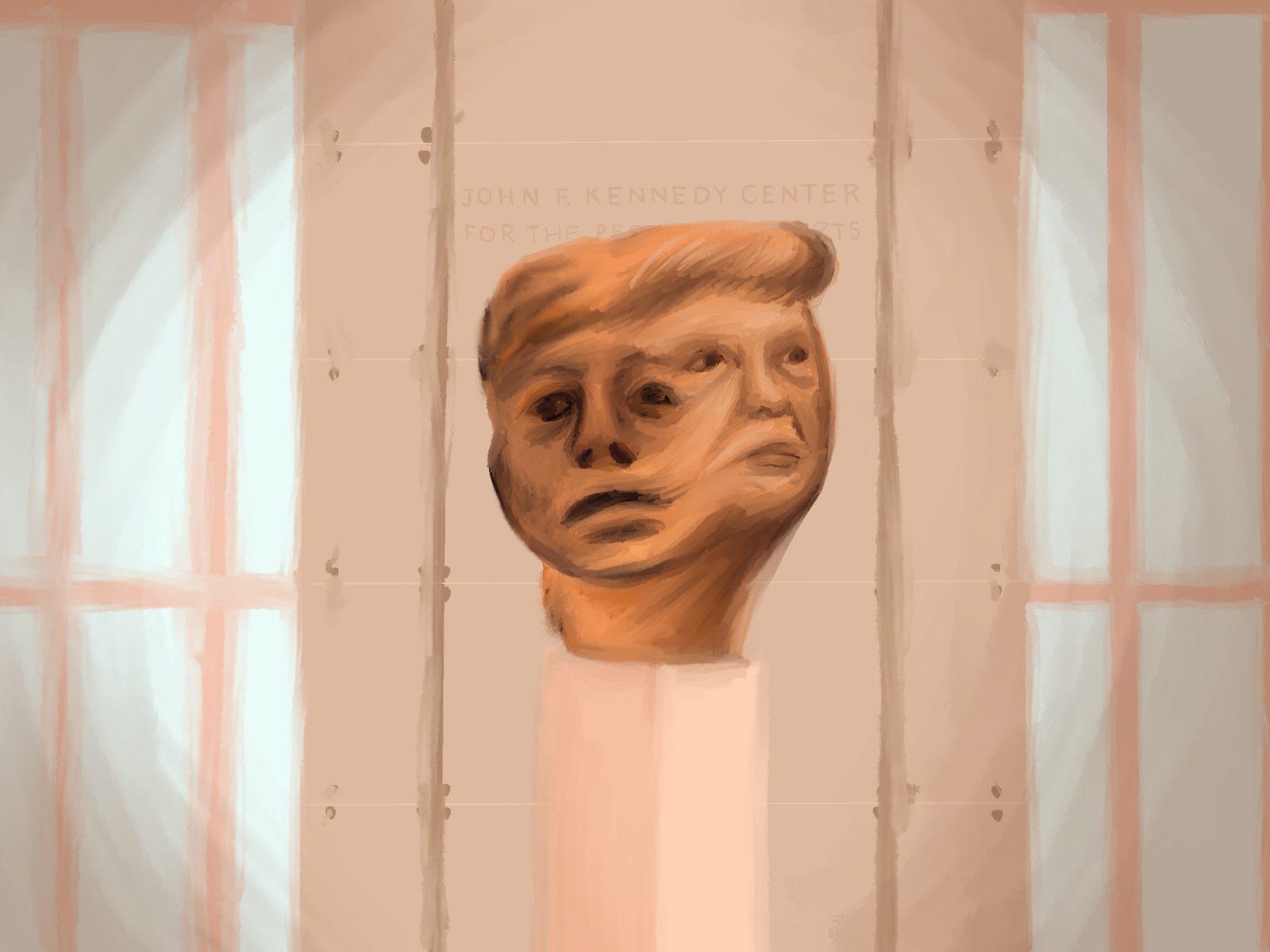For an era where CGI-ridden movies, franchises and what Martin Scorsese affectionately termed “theme park films” have run rampant, 2023 was a particularly exceptional year for film.
The 2024 Oscar nominees for “Best Picture” cultivated one of the most diverse lineups in the award show’s history, featuring nods to blockbuster hits like “Barbie” and “Oppenheimer,” but also to smaller indie films like Celine Song’s gorgeous “Past Lives” and Jonathan Glaser’s “The Zone of Interest.”

One of those movies — “Maestro,” a film directed by and starring Bradley Cooper — served as a polarizing standout in an otherwise universally celebrated bunch.
The film centers on Leonard Bernstein, an American conductor who is widely considered to be one of the best conductors of all time. Bernstein — who is portrayed by Cooper — had a complex private life, one complicated by his marriage to Felicia Montealegre, played by Carey Mulligan.
While the film received praise for Cooper’s direction and the film’s cinematography, viewers were quick to coin the movie as “Oscar Bait” — a term used to describe movies that are intentionally “overly extravagant, featuring an intense, sentimental score, expansive sets and lots of high-profile actors,” in hopes of attracting the likes of Oscar voters, according to Far Out Magazine.
For his part, Cooper isn’t exactly dispelling those allegations. Last November, he stated during a Q&A at the Whitby Hotel that he spent six years learning how to conduct a six-minute scene for the then-upcoming film.
The scene in question — a recreation of Bernstein’s famous 1976 performance with the London Symphony Orchestra in the Ely Cathedral — is the highlight of a film that otherwise falls short.
The scene is stunning in its recreation, a frame-for-frame depiction of a performance that arguably revitalized Bernstein’s career, and it serves as a make-or-break moment for Cooper’s performance.
But the interview, which resurfaced in early January 2024, had more users questioning how — or why — Cooper chose to spend such an egregious amount of time on one scene.
“Bradley Cooper is saying it took him 6 years to learn to conduct a 6 minute piece of music,” one user wrote on X, formerly known as Twitter. “Buddy, you have to say more … what possibly could take 6 years.”
Others were quick to joke, with another user writing — under the assumed voice of Cooper — “I had to spend 6 years going to spirit tuning school to learn how to meditate on a mountain top to commune with the spirit of [Bernstein] so he would possess me and conduct through me for that 6 minute scene.”
The user then attached a video of two men roller skating with the caption “Cillian Murphy and [Robert Downey Jr.]” — an attempt to signal that both actors, nominated for their roles in “Oppenheimer,” didn’t have to jump through such extreme hoops to create better performances.
There are a slew of concerns that critics of “Maestro” can list: the (mis)use of prosthetics — Cooper wears a prosthetic nose that Daniel Fienberg, a Hollywood Reporter critic, deemed “ethnic cosplay” — the lack of historical context and Cooper’s inept handling of Bernstein’s sexuality, to name a few.
But ridiculing the craft of an artist is a low blow, one that doesn’t make sense for an art form that relies on flair and exuberance — and a bit of melodrama — to exist.
It’s Cooper’s craft — and painful diligence — that serves as one of the few saving graces of the movie. The scene in which Cooper conducts the symphony is one of those rare yet crucial moments necessary for a biopic, in which the director finally manages to seamlessly blend art and life into a singular perspective.
Maybe part of those six-and-a-half years would have been better spent on the pieces of the movie that fall short. I can think of several scenes in which both Cooper’s and Mulligan’s accents could’ve used some of the craftsmanship shown by Cooper later in the film.
But what’s most interesting about the backlash is that had Cooper not conducted the orchestra exactly as Bernstein did in 1979, his lack of effort surely would have been met with a similar level of ridicule.
Tweets of Bernstein comically waving his arms in front of the London Symphony Orchestra would have surely followed, with more comparisons to Murphy and Downey Jr. — this time, in clips where the creator makes it apparent that it was their hard work that trumped Cooper, not just their natural talent.
Whether or not it should have taken Cooper well over six years to learn how to conduct a singular performance is beyond the point — and something that Cooper has to reconcile with now that he was left out of both the “Best Director” and “Best Actor” categories at the upcoming Academy Awards.
But knocking a guy for trying is a cheap trick. Knock him for his performance instead.





























































































































